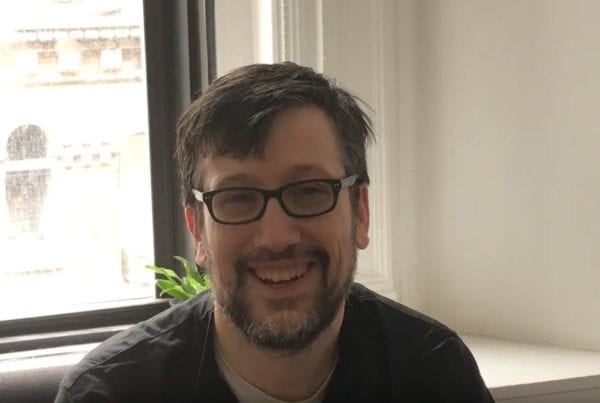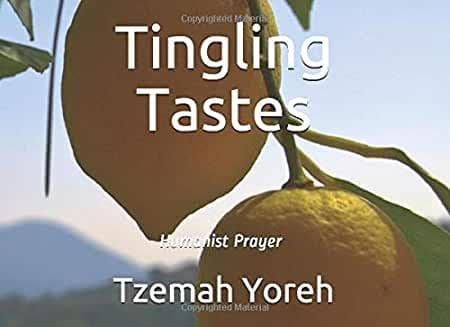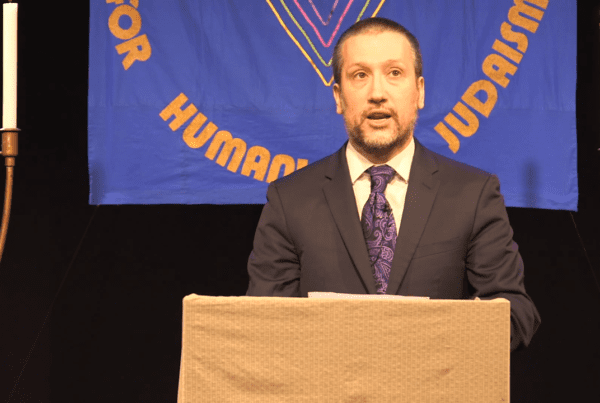
(adapted from my book, The Humanist Prayer Omnibus.)
I fast on Yom Kippur.
Fasting is difficult. Although the long-term health effects of fasting for one day are virtually non-existent, one may legitimately ask (especially at 4:00 pm on a fast day): if you take God out of the equation, what’s the point of not eating for a day? What is the point of fasting in remembrance of a destroyed temple dedicated to a God who demanded animal sacrifice? What is the point of self-deprivation on Yom Kippur if God is not there to judge your actions? And finally, what is the point of commemorating the loss of Jewish sovereignty now that Jews have returned to their ancestral homeland?
I believe there is a point, a humanist point. Five out of six of the fasts on the traditional Jewish calendar are in remembrance of very human tragedies (the exception is Yom Kippur). If one reads the book of Lamentations, written following the destruction of the first temple, the temple is mentioned, but the focus is definitely on the extraordinary dimensions of the human tragedy: the hunger, the sickness, the exile, and the death. The fact that the Jews have returned to Israel doesn’t mean we should entirely forget our long and often tragic history.
One may legitimately ask: why should fasting be the way we commemorate these historical events, when there are many other ways to do so?
I agree that fasting shouldn’t necessarily be the only way we commemorate them, but perhaps it should at least be considered. Hunger was one of the severe privations Jews suffered during the days the fasts commemorate, perhaps ritual hunger really is a fitting remembrance. If one decides that fasting is a fitting tribute, I submit that it should not be the beginning or the end of one’s commemoration. The 6th century B.C.E (Deutero) Isaiah illustrates what an acceptable fast should look like:
58:6 Is not this the fast that I choose: to loose the bonds of injustice, to undo the thongs of the yoke, to let the oppressed go free, and to break every yoke? 58:7 Is it not to share your bread with the hungry,and bring the homeless poor into your house; when you see the naked, to cover them and not to hide yourself from your own kin? 58:8 Then your light shall break forth like the dawn, and your healing shall spring up quickly;
Indeed, in recent history the hunger strike has emerged as a very potent weapon of the powerless and the disenfranchised all over the world in their struggle for social justice. It has been used as a method of nonviolent resistance by everyone from the suffragettes — to Gandhi. Throughout history, Jews have been on the disenfranchised side of the equation too many times to count; the loss of sovereignty following the destruction of the temples is just a particular nadir. Thus, I submit that if one chooses to fast on these days (or others), one may want to focus one’s thoughts on improving the lot of the powerless—that is why I fast on Yom Kippur (but not on most of the other fasts), I see it as a humanist tradition.



